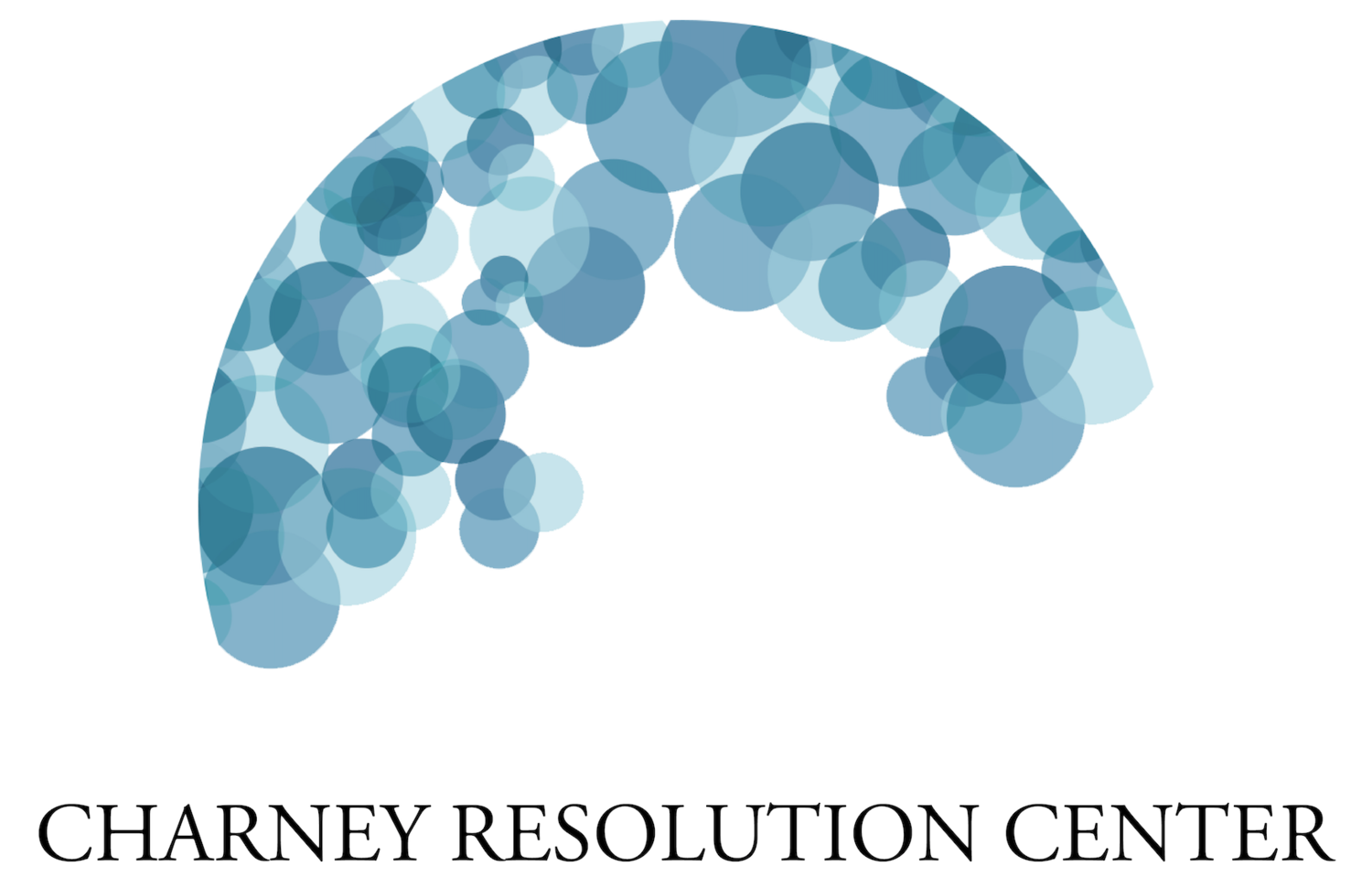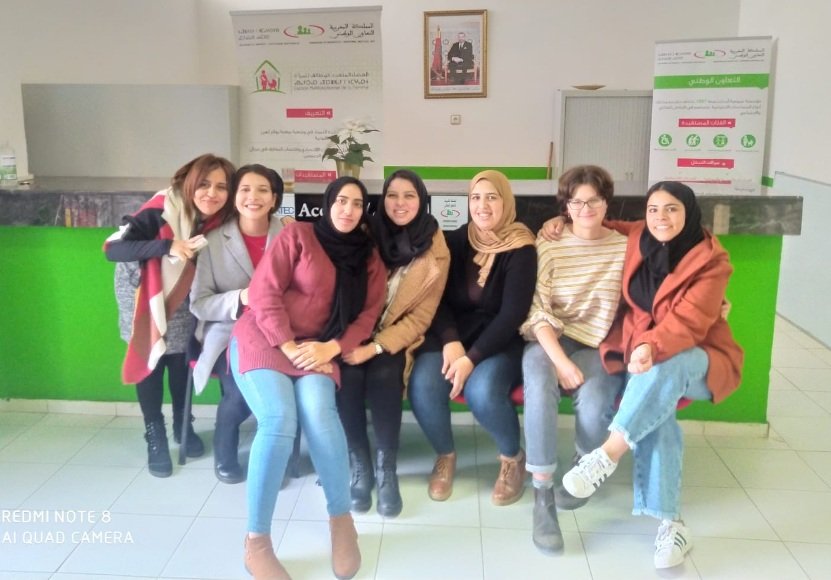To gap year, or not to gap year?
I had a pretty clear answer to that question. I knew that I wanted to gain some “real-life” experiences between all the theory time in high school and university. Luckily, it is quite well-accepted in my community to do a volunteer service and there are many scholarships and programs provided by the government and its ministries.
So, I just had to decide where I wanted to go and what I wanted to do. Quite quickly I found an interesting program in Morocco and decided that I would like to spend my gap year there. I wanted to get to know the culture better and learn the language.
Many doubts
Before starting my gap year in Morocco there were a lot of questions on my mind. Am I qualified enough to do such a volunteer service? How will I feel in this new culture?
With my sending organization we reflected a lot about privileges, hierarchies, and the danger to keep colonial structures alive through such volunteering programs. The program is specifically not a humanitarian program, but a peace service instead with the aim to create peace through intercultural learning.
When I started my gap year, I had already spent three years abroad. Thus, I felt a little guilty for leaving my home community, family and friends again. There is so much to dedicate my time for and change back home and I feel responsible for the situation in my district and city. This is a not well-researched generalization, but I can also say that many of the world inequalities are or have been created by the government of the country I’m born in (Germany) or by the countries that are on the same continent. Moreover, my time at EMIS showed to me that the people that can truly change a conflict and a difficult situation are locals because internationals often cannot understand all the struggles of a foreign community. So, I had a lot of doubts if it’s good to go abroad again.
Nevertheless, I decided that this is an important international experience for me and that I would start to re-integrate and volunteer in my home community after my gap year. Now, I am more than happy about this decision as it enabled me to reflect about myself and my community. I specifically realized how restricted the understanding of Muslim communities and countries is in Germany. Hence, I started seeing my volunteer service as a learning opportunity that will enable me to go back home with a more complex understanding of the world and different cultures and help me when doing activism in Berlin and Germany.
“Wow! You’re going to Morocco?”
So often I hear from people back home how much they admire me for going to Morocco and for living in Casablanca by myself, suggesting that life in Morocco has to be super hard and dangerous. I have lived in four other countries (Belarus, Russia, USA, Israel) before and visited many other places, but never have people looked at me with such “respect”. I find it always quite funny because I feel safe in Morocco and really like my neighborhood and work. So, I don’t feel like I deserve this admiration and I also notice every time that the way many people back home imagine Morocco doesn’t match the reality.
My organization
The organization I volunteer for is a women’s rights organization at the heart of a traditional district in Casablanca. Their work is divided in two main parts. On one hand, they offer support to women, who are victims of violence and provide them with psychological and judicial help. The women are often in difficult legal processes, can’t afford a lawyer and don’t know how to advocate well for themselves. The organization also organizes opportunities for the women to participate in free time activities, such as travels or language courses. This month a group of women went to Marrakech for a weekend trip. Those trips have the aim to distract the women from the daily struggles and enable them to connect with each other as they understand each other’s situations the best. On the other hand, the association raises awareness about the issue of violence against women by conducting workshops in schools for students and educators and by organizing conferences and projects that bring together activists, government officials, psychologists, and lawyers. The workshops usually consist of an in-put presentation, which defines different types of violence and gives an overview over the legal situation in Morocco. Then, the participants are asked to discuss different examples and decide what type of violence is depicted in the different scenarios. Examples are often shown through short film clips or anonymized reports from the work of the association. Moreover, the association corporates with Moroccan and international media to augment the impact of different awareness campaigns.
My work as a volunteer
I help with logistics in the many conferences and workshops, make PowerPoints for the workshops in high schools, help with office tasks, conduct interviews with French speaking media and teach English and French for women who are beneficiaries of the association.
I really enjoy my work as a language teacher because through this way I can connect with the women and learn from them. One time I asked the women what their favorite celebration is. As it was in English, they didn’t understand the question well and most of them answered by saying that their divorce was their favorite “celebration” because they feel free since then. We laughed a lot together and I realized what independent, emancipated, and strong women were sitting in front of me, who were doing the best out of their difficult situations.
Preparing group presentations during a workshop in a school in Casablanca
Reflections on my work as a volunteer
To sum up the time until now, I can say that I listened and learned a lot. It was quite a change as I usually end up in leading roles in projects pretty quickly and I am often one of the people who talk a lot, but as a new foreign volunteer, I was in the role of listening and helping out with simple tasks like making lists/organizing rooms/etc.
The language barrier caused a lot of frustration in me during the first weeks in the organization. I was always dependent on my colleagues to translate assignments, the weekly plans and conversations to me. As there was a lot of work and everyone was busy, my colleagues did not always have the capacity to do that. Due to that I finished assignments often much slower than I wished or expected and was not always sure if I was really helping out or rather slowing down processes. Moreover, I was not able to do many of the tasks that my colleagues did because I did not know Darija (the Moroccan Arabic dialect) well and because I did not have the qualification to talk to victims of violence, for example, and discuss with them further steps and possibilities.
However, after a few first difficult weeks, I found further ways to assist the organization and started to organize language classes and small cultural events for the women.
I was only able to integrate well into the organization because my colleagues had a lot of patience with me, allowed me to start own projects and always explained to me the dos and don’ts in my work.
At the kick-off event of an awareness campaign



